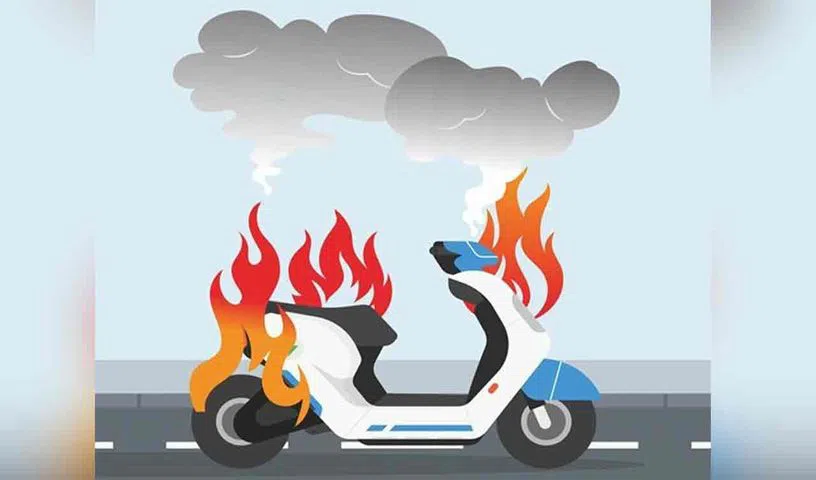Battery swapping stations start catching fire as summer kicks off

In January, a fire at another battery swapping facility in Badshah Nagar, Lucknow, killed one person.

New Delhi: As summer begins, reports have surfaced about fire episodes at Battery Smart-operated swapping stations for electric vehicle (EV) batteries in north India.
According to a detailed report by YourStory, a battery swapping station belonging to the EV startup in the Janakpuri area of New Delhi caught fire earlier this week.
“The Battery Smart-operated facility housed about 50 battery packs meant for powering electric vehicles,” the report said.
In January, a fire at another battery swapping facility in Badshah Nagar, Lucknow, killed one person.
In May last year, a small Battery Smart outlet in Noida caught fire, and two months later, “a similar incident took place at another Battery Smart facility in Delhi’s Sitapuri region”, according to The Ken.
The EV startup said in a statement that “a short circuit may have caused two battery packs to overheat, triggering the fire”.
“Our IoT-powered system alerted us that two separate batteries were facing a spike in temperature. Within a minute, we informed the ground staff who followed protocol by switching off the main power source and deployed foam extinguishers. (But) they couldn’t control the spreading which led to all the batteries catching fire. The fire department was alerted immediately,” Khurana told YourStory in a statement.
With the temperatures soaring, the fear of EVs and batteries catching fires have come back to haunt people’s minds. There were several EVs fire and blast incidents last summer, leading to deaths and strict government probes.
Battery Smart claims to be building India’s largest and fastest-growing battery-swapping network for electric two and three-wheelers.
The Tiger Global-backed startup is co-founded by serial entrepreneurs and IIT-Kanpur graduates — Pulkit Khurana and Siddharth Sikka.
As last reported, they are targeting a $17 billion swapping market by 2025 by aiming to have a swapping station at every one square km area.







